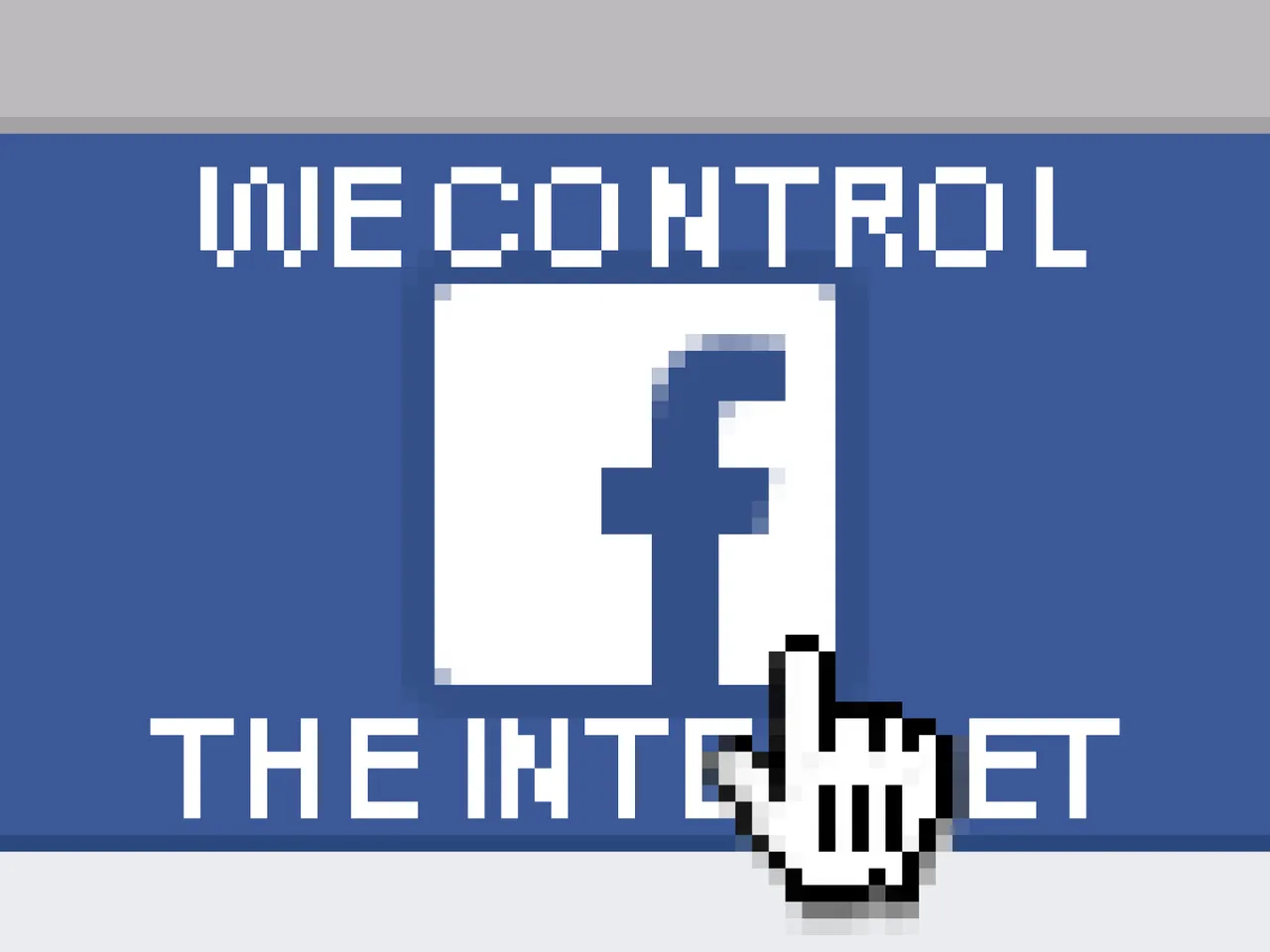
Ahh, the Internet! Facebook, Twitter, Spotify, Google. Isn’t it all so convenient these days? Well…
I remember a different Internet. An Internet with no giant silos like Google, Facebook or Spotify. There weren’t these huge masses of people clustering around a few large service providers. Instead, we just had servers.
Some of these servers were linked together to form networks like the e-mail network, the IRC chat network or the Usenet discussion group network. The Internet was designed as a decentralized mesh of nodes, with no node being more significant to the overall functioning of the network than the other, and that’s exactly how it worked.
To facilitate communication between different types of nodes, standard protocols like IP (packet switching), UDP (multiplexed packet switching), TCP (multiplexed line switching) and ICMP (ping) were devised. Standard protocols for specific applications, like SMTP (email), HTTP (the web) and NNTP (discussion groups) were built in top of this foundation.
A typical user who wanted to share a piece of news on this Internet would connect to any Usenet NNTP server he desired, using the NNTP client of his choosing, and it would immediately be available to anyone, much like anyone using email today can send a message to any email user on any email service. We have these early Internet standards to thank for that.
Usenet continues to live on, but sadly, it has been outpaced by the likes of Facebook and Twitter, and is mostly frequented by geeks who were on the Internet before it had any mainstream appeal. IRC has seen tremendous growth, but the demographic is mostly the same as that of Usenet. So why is this?

These networks did not get with the times. NNTP and IRC are too technical to use for most people, who typically won’t be able to get connected without some help from a geeky friend. They also lack features we take for granted today, like mobile connectivity, embedded images and videos, and persistent identity. These old systems weren’t designed for an Internet full of trolls and scammers, and just like with email, it’s ridiculously easy to impersonate anyone. Finally, they also lack the marketing pizazz of their younger cousins.
And these are the fundamental problems, not only of standard protocols, but also of Linux and the free software movement. Without user friendliness, flashy features and marketing, the masses are not swayed. But the geeks who develop these open systems tend to have an ideology that is at odds with mass appeal. To them, anything that’s sexy and simple to use reeks of exploitative capitalism and the ignorant masses, and they don’t want anything to do with that.
The irony of it all is that by this very action of not offering appealing, free alternatives to corporatism, they left the stage open for these corporations. By refusing to pick up on the tactics of their perceived enemy, they have made their enemy stronger. When you have sticks and stones, and the enemy has firearms, what do you do? Do you sit there and sulk at them because they aren’t playing fair? No! You start making some mother%$!!@ing guns.
The Internet community lost something very important when Google and Amazon became The Cloud® and Facebook became The Social Network®. I don’t know how we’re going to get it back, but I hope it will happen, somehow. Perhaps Steemit will be a part of the answer.